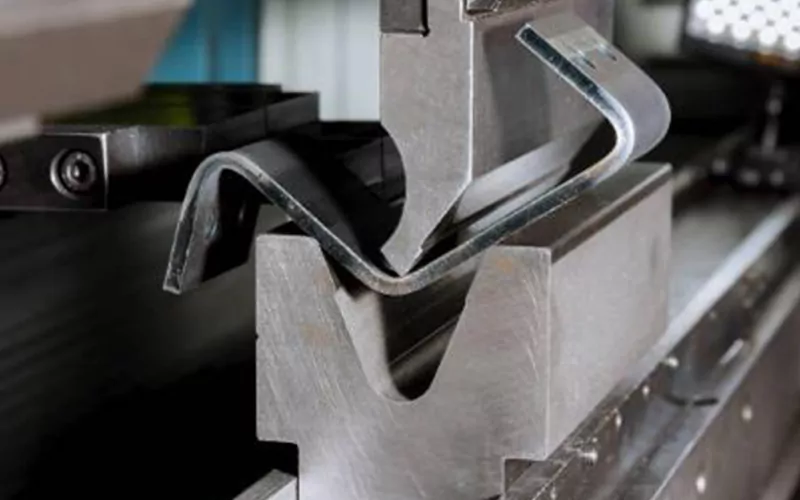Unveiling the Top Challenges Faced by Sheet Metal Manufacturers Today
Body
Sheet metal manufacturing is a crucial industry that serves as the backbone for various sectors such as automotive, aerospace, construction, and more. However, like any other industry, sheet metal manufacturers face a myriad of challenges that can impact their operations and overall success. In this article, we will delve into the top challenges faced by sheet metal manufacturers today and explore potential solutions to address these issues.

Global Supply Chain Disruptions
One of the most pressing challenges that sheet metal manufacturers are currently grappling with is the impact of global supply chain disruptions. The COVID-19 pandemic has exposed vulnerabilities in supply chains, leading to material shortages, delayed deliveries, and increased costs. Manufacturers are finding it increasingly difficult to secure raw materials such as steel, aluminum, and other essential components, which in turn hampers their production capabilities.
Furthermore, geopolitical tensions, trade disputes, and natural disasters can also disrupt the supply chain, creating uncertainty and instability for sheet metal manufacturers. To mitigate these challenges, manufacturers must diversify their supplier base, invest in inventory management systems, and establish contingency plans to ensure a steady supply of materials.
Technological Advancements and Automation
While technological advancements have revolutionized the sheet metal manufacturing industry, they have also presented new challenges for manufacturers. The integration of automation, robotics, and advanced machinery has transformed production processes, leading to increased efficiency and precision. However, this shift also requires manufacturers to invest in new technologies, retrain their workforce, and adapt to changing skill requirements.
Additionally, the implementation of Industry 4.0 concepts such as the Internet of Things (IoT) and data analytics has created a demand for digitalization and connectivity within manufacturing facilities. Manufacturers must navigate the complexities of integrating these technologies while ensuring data security, system interoperability, and compliance with industry standards.
Environmental Regulations and Sustainability
As the world shifts towards sustainable practices, sheet metal manufacturers are facing growing pressure to comply with stringent environmental regulations and reduce their carbon footprint. The industry's reliance on energy-intensive processes and the use of hazardous materials poses a challenge in meeting sustainability targets while maintaining cost-effectiveness.
To address these challenges, manufacturers are exploring alternative materials, implementing energy-efficient technologies, and adopting sustainable practices throughout their operations. Embracing circular economy principles, such as recycling and waste reduction, can not only help manufacturers meet regulatory requirements but also improve their reputation and appeal to environmentally conscious consumers.
Skilled Labor Shortage
Another critical challenge faced by sheet metal manufacturers is the shortage of skilled labor. The industry is experiencing a demographic shift, with an aging workforce and a lack of young talent entering the field. As a result, manufacturers are struggling to find qualified workers with the necessary technical expertise in areas such as CNC machining, welding, and metal fabrication.
To overcome this challenge, manufacturers can collaborate with educational institutions to develop specialized training programs, offer apprenticeships, and provide continuous learning opportunities for their employees. Embracing diversity and inclusion initiatives can also help attract a broader talent pool and foster a culture of innovation within the industry.
In conclusion, the sheet metal manufacturing industry is navigating a complex landscape filled with challenges that require innovative solutions and strategic planning. By addressing issues such as global supply chain disruptions, technological advancements, environmental sustainability, and skilled labor shortages, manufacturers can position themselves for long-term success and sustainable growth.










Comments